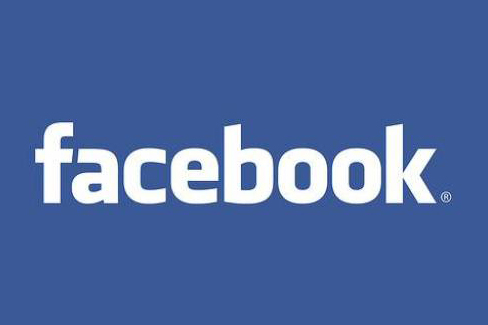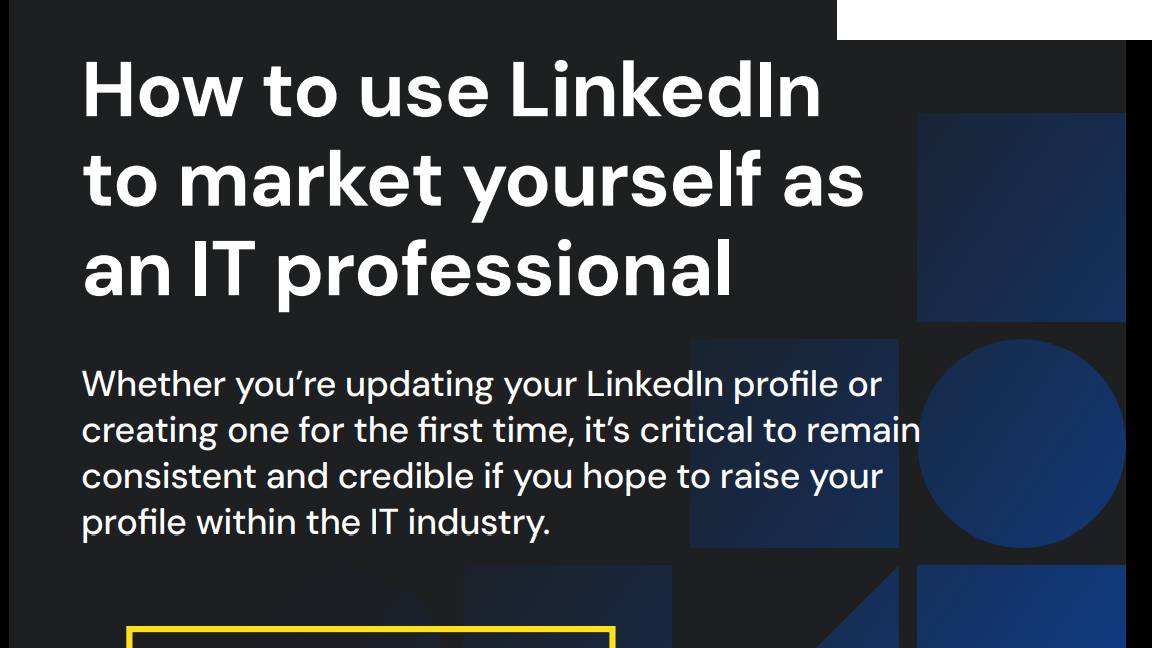Facebook exploring greater 'social reporting'
On Safer Internet Day, a Facebook manager explains how the social network is exploring greater use of so-called "social reporting."


Sign up today and you will receive a free copy of our Future Focus 2025 report - the leading guidance on AI, cybersecurity and other IT challenges as per 700+ senior executives
You are now subscribed
Your newsletter sign-up was successful
Facebook is looking into upping its efforts with "social reporting" as it seeks to make the site as safe as possible, a senior figure at the social network said.
Social reporting relies on the user community to inform Facebook about threats, such as spam or phishing attacks.
Facebook recently turned seven and over the past few years has been under increasing scrutiny from the security and privacy spheres.
In celebration of Safer Internet Day, Simon Axten a manager of Facebook's Public Policy Team, outlined what the company's ethos was around security, pointing to user reporting as one of the chief tools.
"There's really this culture of community policing," Axten claimed.
"I think it's how a lot of online places work you keep your community safe and act civilly to other members of the community."
Facebook is also an advocate of responsible disclosure, promising not to report anyone who highlights a site vulnerability to law enforcement.
Sign up today and you will receive a free copy of our Future Focus 2025 report - the leading guidance on AI, cybersecurity and other IT challenges as per 700+ senior executives
In a recent case, Facebook was quick to fix a flaw in the site discovered by Indiana University students.
They told Graham Cluley, senior technology consultant at Sophos, that it was possible for any website to impersonate other sites which had access to Facebook user data.
The students also found they could publish content on the visiting users' Facebook walls under the cover of a purportedly legitimate website. Through this vulnerability, user could have spread malware and phishing attacks, but Cluley applauded Facebook for the company's swift response.
Facebook is a massive target for cyber criminals, yet the number of serious offences committed on the site is very small, according to Axten.
The security team is helped by the fact the range of threats is fairly consistent, so few surprises ever turn up.
Perhaps in line with this, Axten said security spending "has stayed relatively constant," although he could not elucidate on what share of infrastructure spending goes on security tools.
"It's a fraction of a per cent who have ever experienced a security issue on the site," he claimed.
As for the recent compromise of the Mark Zuckerberg page on Facebook, Axten told IT PRO "it wasn't really a hack," as no information was taken.
The firm was quick to fix the bug, which allowed an intruder to post a message on the page.
A real-name culture'
Axten also claimed the "real-name culture" that exists within Facebook makes privacy problems less of an issue.
"It is sometimes easy to forget the internet was an anonymous place Facebook was kind of the exception to the rule," Axten said.
The social network has seen a number of cases where external sites have asked users to sign in with their Facebook account before posting any comments.
This has helped enforce "much better behaviour" as users are accountable for their comments, Axten said.
Tom Brewster is currently an associate editor at Forbes and an award-winning journalist who covers cyber security, surveillance, and privacy. Starting his career at ITPro as a staff writer and working up to a senior staff writer role, Tom has been covering the tech industry for more than ten years and is considered one of the leading journalists in his specialism.
He is a proud alum of the University of Sheffield where he secured an undergraduate degree in English Literature before undertaking a certification from General Assembly in web development.
-
 Ransomware protection for all: How consumption-based subscription models can lower the entry point for cyber resilience
Ransomware protection for all: How consumption-based subscription models can lower the entry point for cyber resilienceIndustry Insights Consumption-based immutable backup makes enterprise-grade ransomware resilience affordable to all
-
 Zyxel NWA50BE Pro review
Zyxel NWA50BE Pro reviewReviews The NWA50BE Pro offers a surprisingly good set of wireless features at a price that small businesses will find hard to resist
-
 How to use LinkedIn to market yourself as an IT professional
How to use LinkedIn to market yourself as an IT professionalwhitepaper Whether you’re updating your LinkedIn profile or creating one for the first time, it’s critical to remain consistent and credible if you hope to raise your profile within the IT industry
-
 Meta to pay $725 million in Cambridge Analytica lawsuit settlement
Meta to pay $725 million in Cambridge Analytica lawsuit settlementNews The settlement closes the long-running lawsuit into how Facebook's owner, Meta, handled the Cambridge Analytica scandal
-
 Businesses to receive unique Twitter verification badge in platform overhaul
Businesses to receive unique Twitter verification badge in platform overhaulNews There will be new verification systems for businesses, governments, and individuals - each receiving differently coloured checkmarks
-
 Twitter could charge $20 a month for 'blue tick' verification, following Musk takeover
Twitter could charge $20 a month for 'blue tick' verification, following Musk takeoverNews Developers have allegedly been given just seven days to implement the changes or face being fired
-
 Meta's earnings are 'cause for concern' and 2023 looks even bleaker
Meta's earnings are 'cause for concern' and 2023 looks even bleakerAnalysis Calls for investor faith in metaverse tech only emphasise the worries that its investment strategy won't pay off
-
 Microsoft and Meta announce integration deal between Teams and Workplace
Microsoft and Meta announce integration deal between Teams and WorkplaceNews Features from both business collaboration platforms will be available to users without having to switch apps
-
 Facebook is shutting down its controversial facial recognition system
Facebook is shutting down its controversial facial recognition systemNews The move will see more than a billion facial templates removed from Facebook's records amid a push for more private applications of the technology
-
 'Changing name to Meat': Industry reacts to Facebook's Meta rebrand
'Changing name to Meat': Industry reacts to Facebook's Meta rebrandNews The rebrand attempts to provide a clearer distinction between Facebook and its umbrella company
